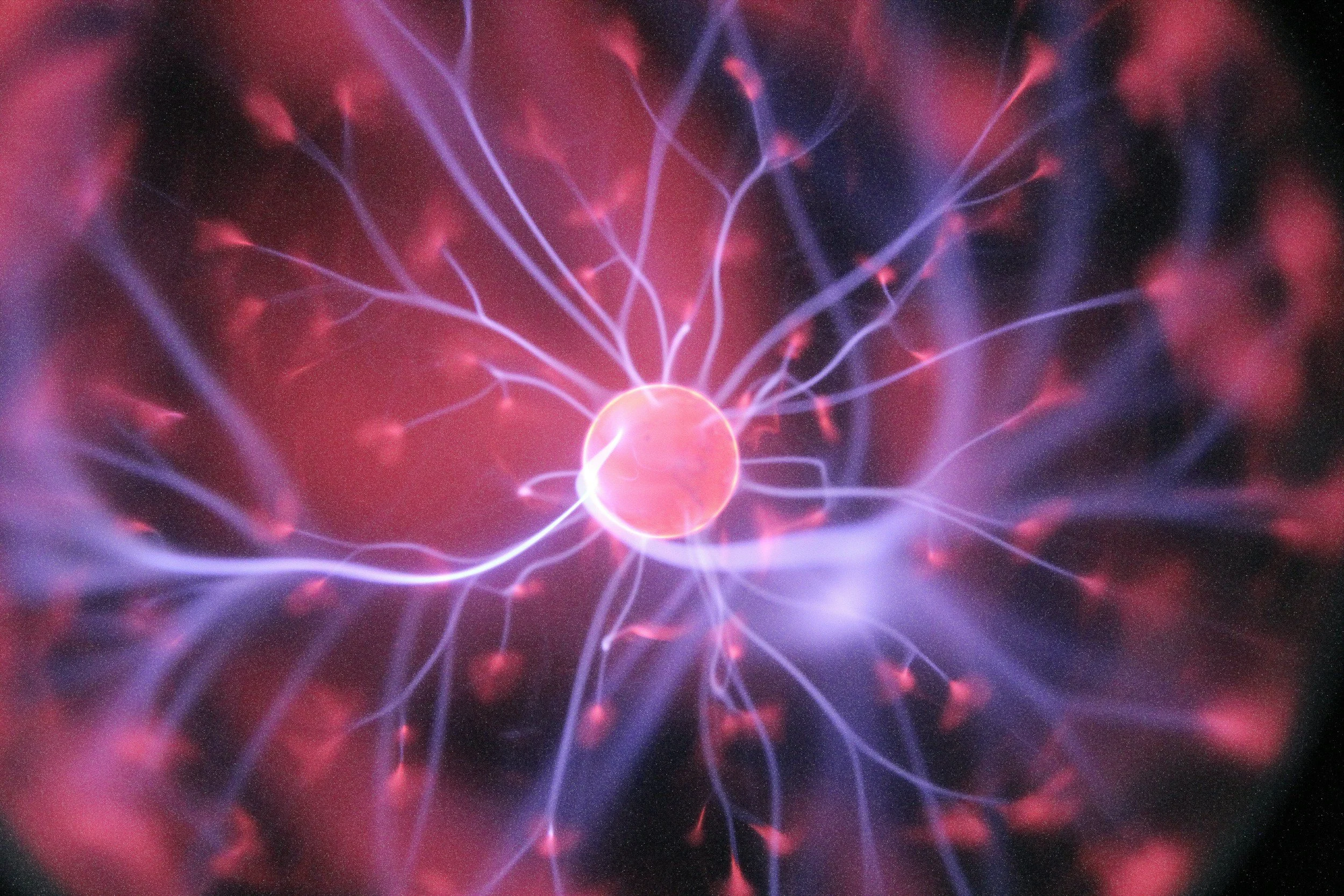Why Adults Over 50 Should Cut Carbs—4 Key Health Benefits Backed by Science
Disclaimer: As a health and fitness coach, this content is for educational purposes only. Always consult with your physician or a registered dietitian before making significant dietary changes, especially if you're over 50 or managing chronic conditions.
Introduction
As we age, our metabolism, hormones, and cellular repair mechanisms shift. For adults over 50, reducing carbohydrate intake—especially refined and processed carbs—can be a powerful strategy for improving energy, brain function, and long-term health. Combined with intermittent fasting, this approach may help reverse insulin resistance, reduce inflammation, and support healthy aging.
4 Key Reasons to Cut or Lower Carbs After 50
1. Improved Blood Sugar & Insulin Sensitivity
“When carbs are limited, the body becomes more efficient at using fat for fuel—especially during fasting windows.”
As we age, the risk of developing insulin resistance naturally increases, making it more challenging for the body to regulate blood sugar effectively. If not carefully managed, this condition can eventually progress to type 2 diabetes, which carries significant health risks. One of the most effective strategies to combat insulin resistance is by lowering carbohydrate intake, particularly refined and high-glycemic carbs, as this helps reduce rapid glucose spikes in the bloodstream. By promoting more stable blood sugar levels throughout the day, this approach supports better energy balance and prevents the rollercoaster effect that can lead to fatigue. Additionally, maintaining steady blood sugar not only supports more consistent energy levels but also helps to minimize unhealthy cravings, which in turn contributes to overall improved metabolic health and supports successful aging.
7 High-glycemic carbs to avoid
Sugary cereals
White rice
Instant oatmeal
Pretzels
Pastries and cakes
Regular soda and sweetened beverages
white bread
2. Accelerated Fat Loss & Metabolic Reset
“Many over-50 clients report losing inches around the waist and feeling lighter within weeks.”
Low-carb diets combined with intermittent fasting help the body naturally shift into a state of ketosis, a metabolic condition where it efficiently burns stored fat for energy instead of relying primarily on carbohydrates. This process encourages the body to use fat stores as its main fuel source, which is particularly effective at targeting and significantly reducing visceral fat—the harmful type of fat that surrounds your internal organs and increases the risk of serious health complications such as heart disease, diabetes, and inflammation.
What is Intermittent Fasting?
Intermittent fasting is an eating pattern that cycles between periods of fasting and eating. It does not prescribe specific foods but focuses on when to eat, typically involving daily time-restricted feeding windows or longer fasting intervals spaced throughout the week. Common methods include the 16/8 method, where individuals fast for 16 hours and eat within an 8-hour window, and the 5:2 approach, which involves eating normally five days a week while significantly reducing calorie intake on two non-consecutive days. Intermittent fasting has been linked to benefits such as improved metabolic health, enhanced brain function, and support for healthy aging, making it a popular strategy within personalized health programs.
3. Reduced Inflammation & Heart Health Support
Processed carbohydrates and sugars are key contributors that fuel chronic inflammation throughout the body. Reducing or cutting these from your diet can significantly lower inflammatory markers, enhance levels of HDL cholesterol, and help reduce elevated blood pressure. Additionally, incorporating fasting into your routine provides an extra anti-inflammatory benefit by allowing the body crucial time to rest and repair itself. Less inflammation leads to a range of positive health outcomes, including better joint mobility, clearer and healthier skin, and improved cardiovascular markers, all of which support a more vibrant, active lifestyle.
“Clients often report sharper thinking and better sleep after just two weeks.”
4. Enhanced Brain Function & Cellular Repair
The brain thrives on ketones—fat-derived energy molecules that provide a stable and efficient fuel source. Low-carb diets and intermittent fasting have been shown to potentially improve memory, enhance focus, and offer protection against neurodegenerative conditions. Additionally, fasting activates autophagy, a vital cellular cleanup process that helps remove damaged cells and is strongly associated with increased longevity. “Clients often report experiencing sharper thinking, improved mental clarity, and better quality sleep after just two weeks of following these practices.”
Autophagy?
Autophagy is like your body’s way of taking out the trash and recycling old or damaged cells. It helps clean up and break down parts that aren’t working well so your body can use the pieces to build new, healthier cells. This process is important for keeping your cells healthy, supporting your immune system, and may even help slow down aging by getting rid of damaged components that can cause problems over time.
Low-Carb Snack Ideas
Stuffed Avocados Filled with tuna, salmon, or egg salad. High in healthy fats and fiber.
Cheddar Cheese Crisps Baked until golden and crunchy. Zero carbs, high protein.
Deviled Eggs Classic protein-rich snack with optional avocado or paprika twist.
Cucumber Hummus Bites Crisp cucumber slices topped with low-carb hummus. Refreshing and anti-inflammatory.
Nut Butter Celery Sticks Almond or peanut butter (unsweetened) with chia seeds or cinnamon.
Greek Yogurt with Berries Full-fat unsweetened yogurt with blueberries or raspberries.
Mini Bell Peppers with Cream Cheese Sliced and filled with herbed cream cheese or guacamole. Crunchy and colorful.








